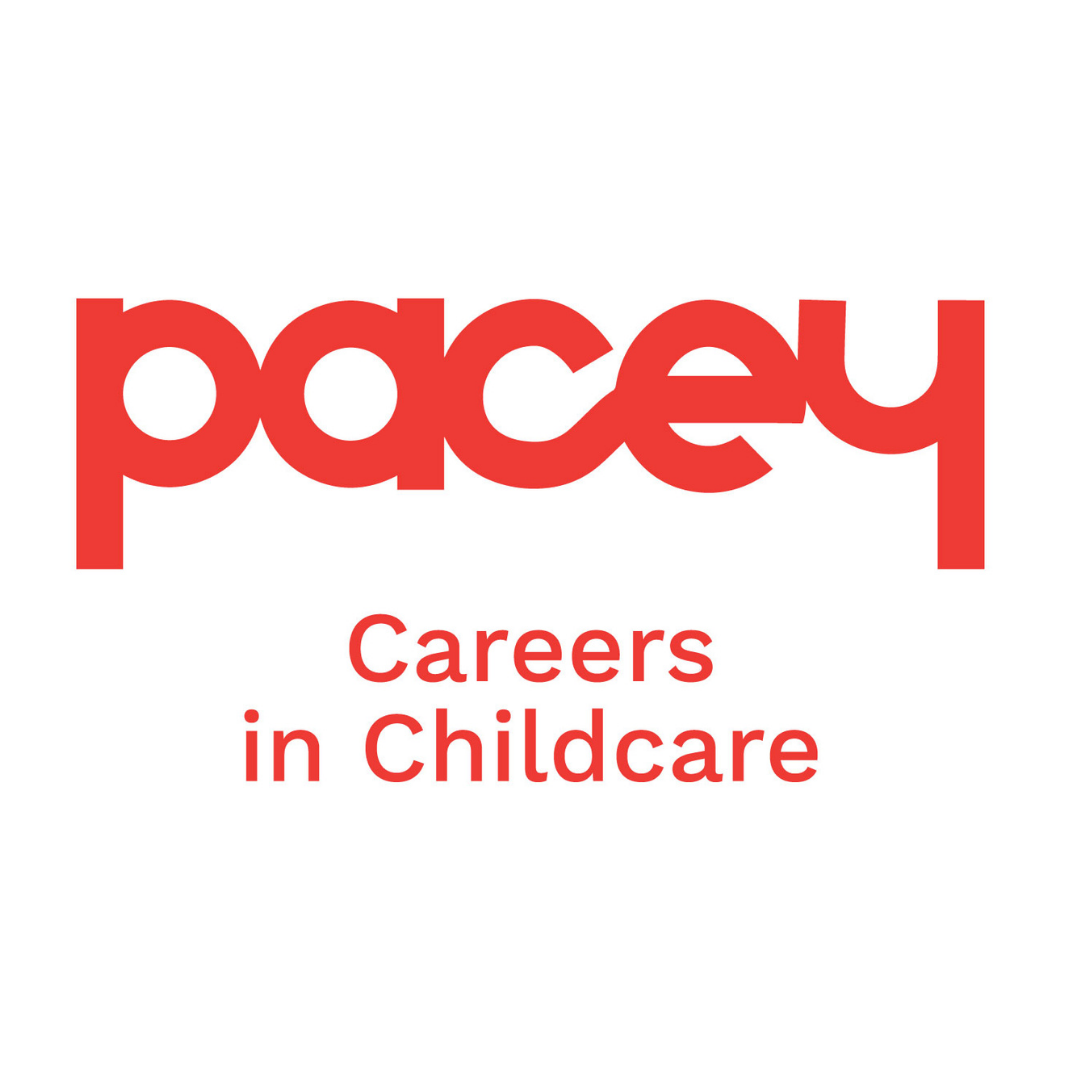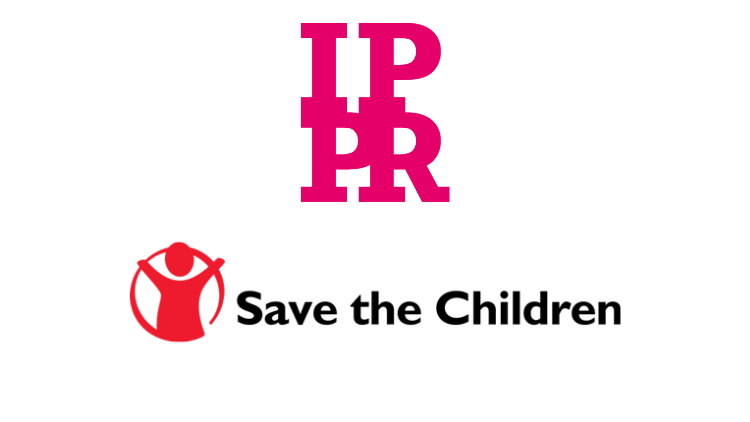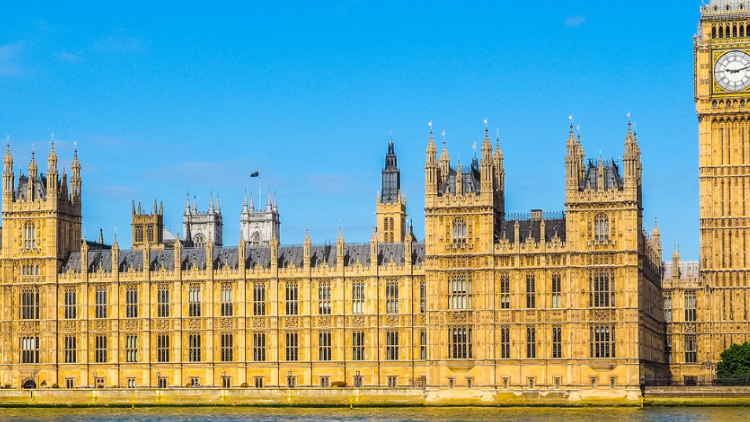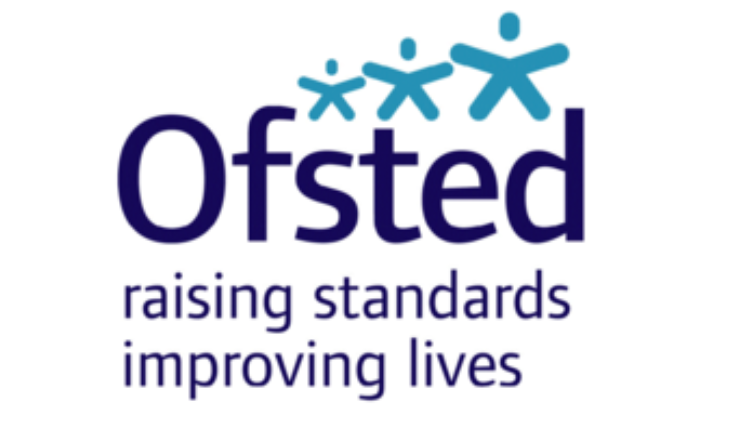Safeguarding & health and safety
Latest News
Keep up to date with everything that's happening in the childcare sector
Report calls for early years reform and a national childminder strategy
Today (9 December) the Institute for Public Policy Research (IPPR) and Save the Children has publish...
Prime Minister sets out ‘Plan for Change’ with early years focus
Today (5 December) Prime Minister Keir Starmer made a speech outlining how the government will...
Ofsted publishes Annual Report 2023/24
Today (5 December) His Majesty’s Chief Inspector Sir Martyn Oliver has published Ofsted’s annual...
Socials
Get your daily does of all that’s going on in the childcare and early years sector





